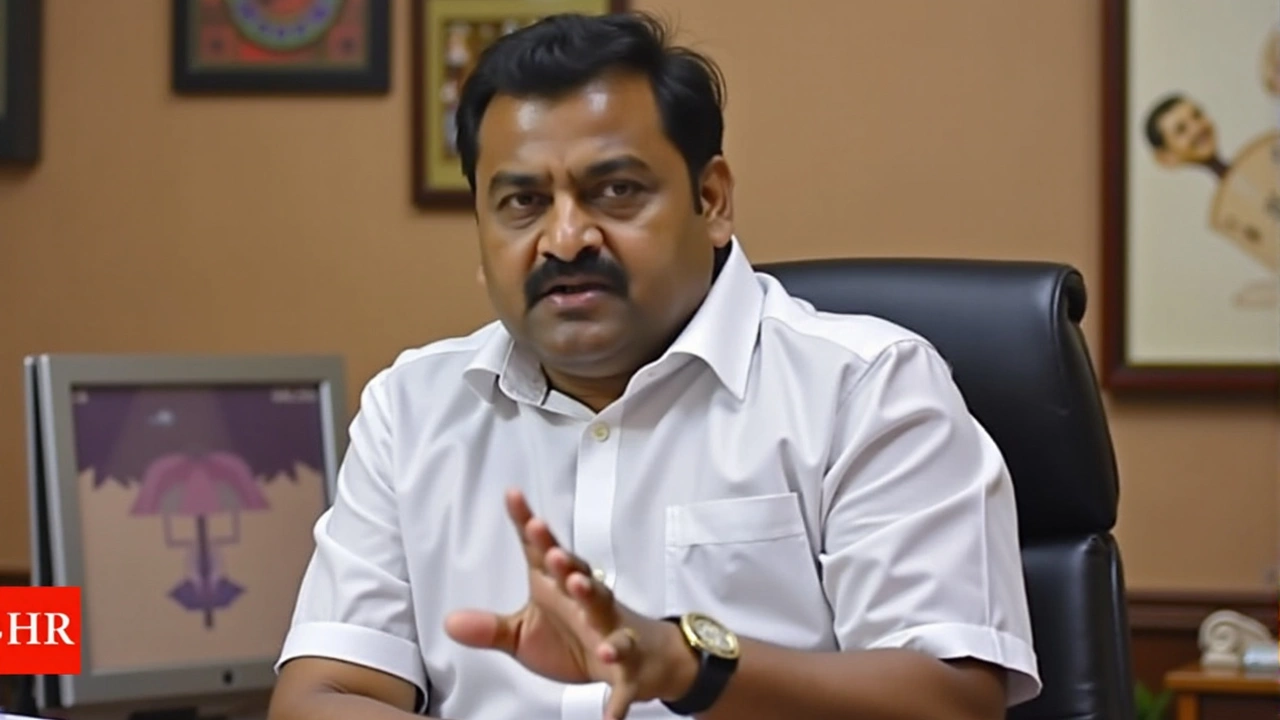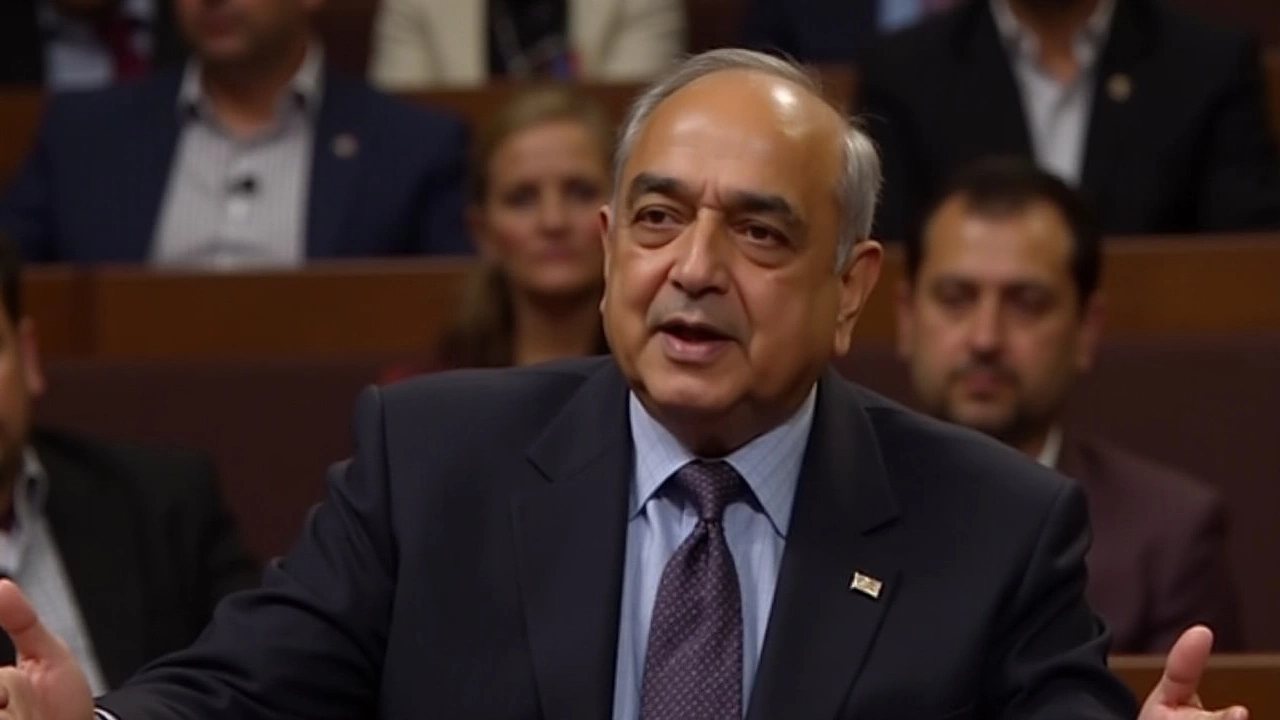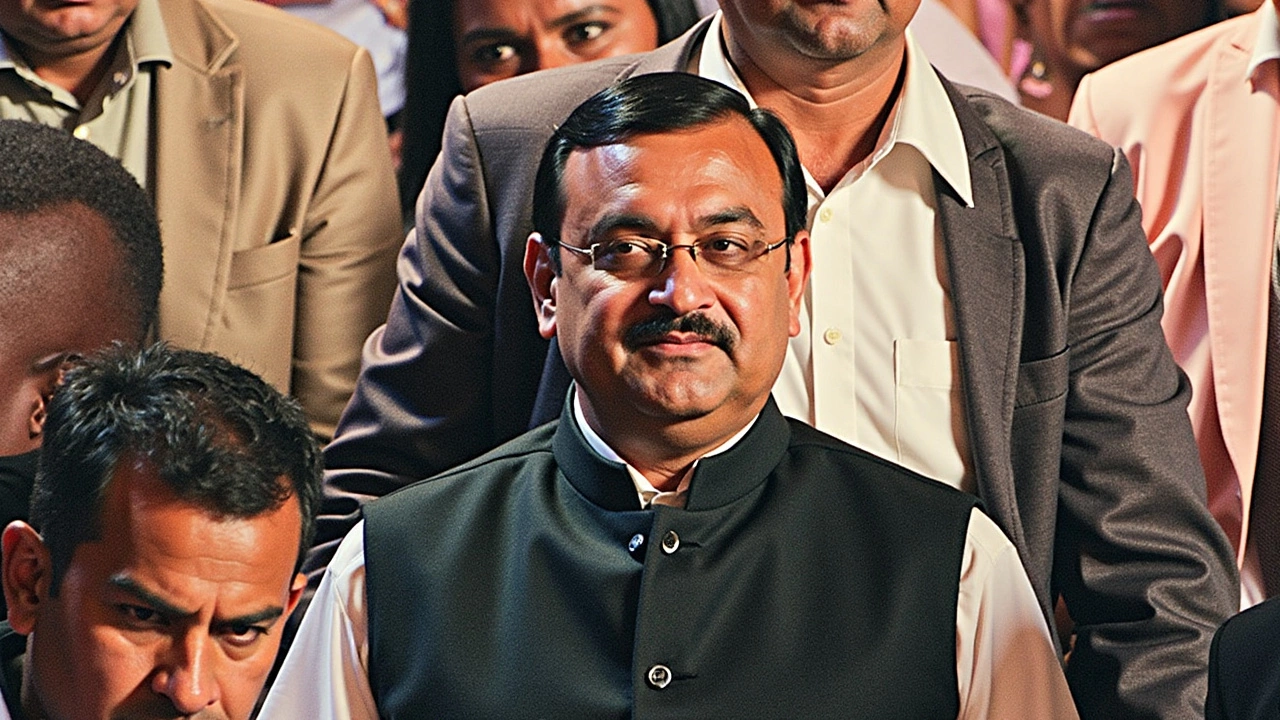Introduction: Gautam Adani's Legal Entanglement
Indian industrialist Gautam Adani, head of the sprawling Adani Group, has once again found himself in the international spotlight, albeit this time for less than admiring reasons. A US federal indictment has charged him with orchestrating a vast bribery scheme intended to fraudulently secure solar energy supply contracts. As the case unfolds in New York, politicians, economists, and international relations experts are weighing in on the potential impact this legal battle may have on the robust partnerships that currently characterize US-India relations.
The Indictment: Unpacking the Allegations
The indictment accuses Adani, along with his nephew Sagar Adani and six other individuals, of engaging in corrupt practices to influence Indian government officials. The charges suggest that their coordinated efforts aimed to deceive investors and financial institutions in order to raise billions of dollars. This allegedly involved obstructing justice through manipulated financial statements and false endorsements from Indian bureaucratic powers. With a purported $250 million scheme at the heart of the allegations, Adani's direct involvement is highlighted by meetings with officials to negotiate a pivotal power supply agreement for Andhra Pradesh’s state electricity distribution companies.

US-India Relationship: A Diplomatic Tightrope
Despite the potential diplomatic tremors such a high-profile case might incite, White House Press Secretary Karine Jean-Pierre sought to mitigate any such concerns during a recent briefing. She spoke of the sturdy foundations underpinning the US-India relationship, emphasizing shared interests and robust collaboration across multiple global issues. The Biden administration's measured response focuses more on maintaining these ties than delving into an indictment rooted in alleged corruption. The responsibility for specifics has been delegated to legal institutions like the Securities and Exchange Commission (SEC) and the Department of Justice (DOJ), where the specifics of the legal process can be appropriately managed.
Adani Group's Defense
The Adani Group has been categorical in its rejection of the allegations, dismissing the entire set of charges as baseless. Their spokesman emphasized their compliance with global standards in ethical business conduct, asserting that the accusations are a calculated attempt to damage the credibility of one of India's most prominent business conglomerates. Within India, reactions vary from skepticism to outright support for the beleaguered company. Amongst the dismissals, Adani continues to highlight its pivotal role in India’s economic expansion and renewable energy push.
Political Repercussions in India
In India, the case has rapidly snowballed into a political maelstrom. The Leader of the Opposition, Rahul Gandhi, has intensified pressure on the government, demanding Adani's immediate arrest whilst accusing Prime Minister Narendra Modi of shielding Adani from accountability due to close personal ties. Gandhi's scathing rhetoric underscores the political stakes entwined with the economic implications of the scandal. These exchanges could potentially polarize Indian politics further in a way that might reverberate through diplomatic channels to Washington.
Implications for Global Energy Commitments
Adani's ventures stand as a critical component of India’s ambitions on the global energy stage, singularly focussing on renewable energy and solar power availability. The allegations thus cast a shadow over international commitments towards sustainable energy projects, particularly those linking India and the US. Market analysts are watching closely as any perturbation in these ventures due to legal proceedings could recalibrate not only cross-national collaborations but also influence global commitments to decarbonizing energy grids. Gautam Adani's case could become a litmus test for the integrity of collaborative initiatives against the backdrop of increasing environmental awareness.
Future Trajectories in US-India Collaboration
The overarching question pertains to the future trajectory of USA-India relations following this publicized legal issue. Renowned political analysts argue that the strength of US-India ties goes beyond transient disruptions, being anchored instead in mutual economic and geopolitical goals. Whether the indictment leads to a temporary rift or strategic recalibration, it’s certain that the extensive ties between Americans and Indians, and shared interests, will continue to play a crucial role in navigating potential hiccups in bilateral and multilateral dialogues.

Concluding Reflections
As details surrounding the bribery case unfurl, both nations seem poised to separate the legal implications from the diplomatic and economic relationship they share. The coming months will shed more light on strategic decisions made by both governments in response to the ongoing case, especially considering external pressures from opposition leaders and internal political figures. White House's balanced responses and the Indian government’s reaction to calls for accountability will remain in focus as both navigate the intricacies of maintaining legitimacy in governance while prioritizing longstanding collaborative bonds. US-India relations stand resilient, yet the current circumstances demand a deft handling to ensure that mutual interests aren’t overshadowed by individual legal challenges.



